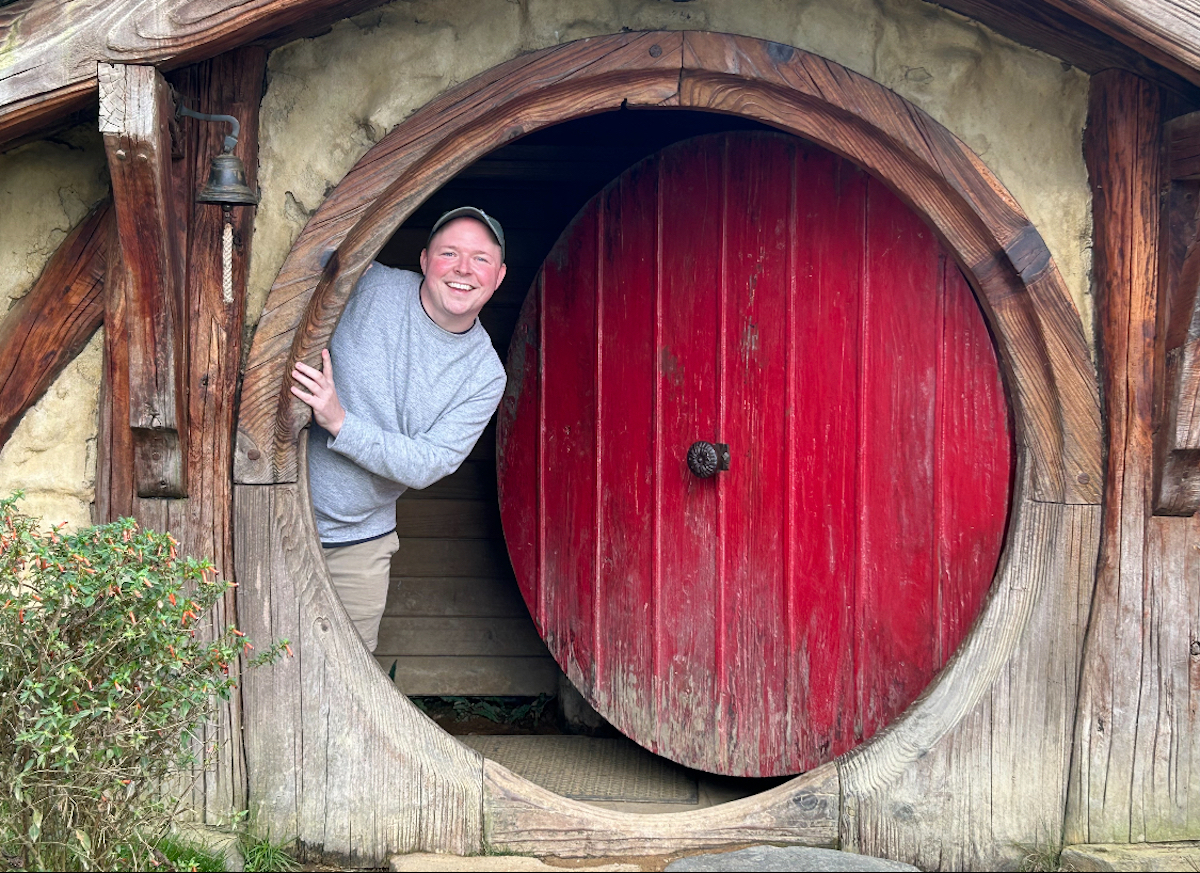You’re not safe even if you just do it once. At least that’s what Associate Dean of Students Jodi Thesing-Ritter said about illegally downloading copyrighted material such as music, movies or books on campus.
Thesing-Ritter estimated that in the past three years over 50 UW-Eau Claire students have been sued by organizations such as the Recording Industry Association of America for illegal downloading. The lowest settlement was $3,000 she said.
“From my perspective, students just need to know that it’s worth the 99 cents on iTunes to have the peace of mind that you won’t get in trouble,” she said.
Last Thursday, students received two mass e-mails from Vice Chancellor of Student Affairs and Dean of Students Beth Hellwig concerning copyright compliance and illegal downloading on campus. The messages were sent in compliance with the Higher Education Reauthorization Act, which includes a clause that states universities need to inform students of the laws regarding illegal downloading, according to the most recent mass e-mail.
Thesing-Ritter said the e-mail was an effort to curb illegal downloading and to inform students about what actions the university would take with those caught downloading copyrighted material.
She said she hoped the e-mails would help “deter students from downloading, in an effort (to stay away from) lawsuits, which are far more costly.”
However, freshman Alie Bultman said it would take more than an e-mail to make students change their illegal behavior.
“As long as they don’t get caught, they’ll keep doing it,” she said.
Director of Libraries John Pollitz said it was important for Eau Claire to comply with the act because of what could happen to funding at the university if they did not.
“One of the reasons that it’s a big issue now is because of the Higher Education Act. . (It) ties our efforts to stem illegal downloading to our ability to get federal funds.”
Pollitz said Pell grants, scholarships and other types of federal aid could be jeopardized by not fulfilling the terms of the act.
So how does the university know if students are illegally downloading material?
Pollitz said much of the information the university uses comes from the RIAA in the form of notices. These notices include the address of the computer serving up files, the name of the song or movie served and when the event occurred.
When ResCom gets the notice, they check that information against their network activity logs and forward the notice to the student, he said. The student then has 72 hours to respond that they have cleared their computer of the material.
Pollitz said the biggest issue he runs into with students is that they don’t understand how they’ve gotten caught. He said that often students share music without knowing it.
“A lot of times people write me and say, ‘I’ve had this on a CD. I own the CD. I own the music, which is legal to do,'” he said. “But what happens is . the peer-to-peer sharing networks put a piece of software in your machine . so others can come in and download it. That’s what these companies are tracking.”
Pollitz also said it’s important for students to secure their wireless routers. He said he’s been familiar with cases where the students’ wireless networks were not password-protected or they shared their passwords with others who then downloaded copyrighted material illegally.
For more information about UW-Eau Claire’s policy on illegal downloading visit http://www.uwec.edu/copyright/internet/filesharing.htm.





